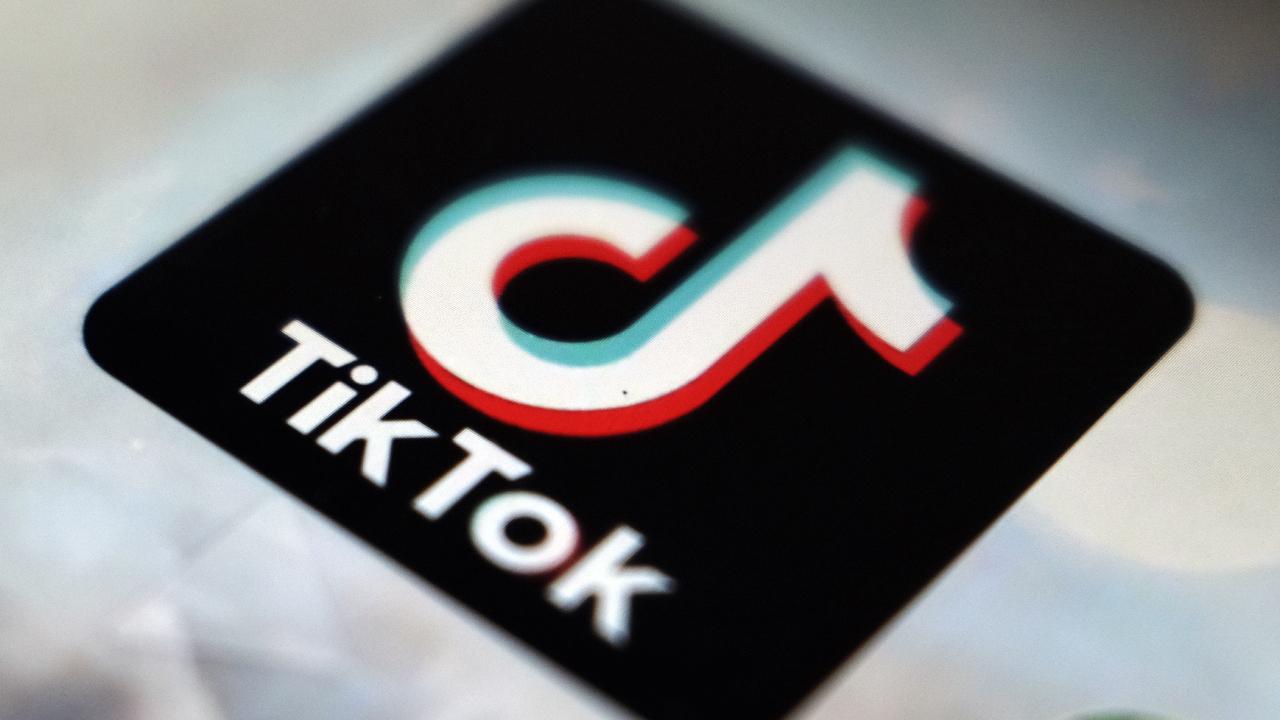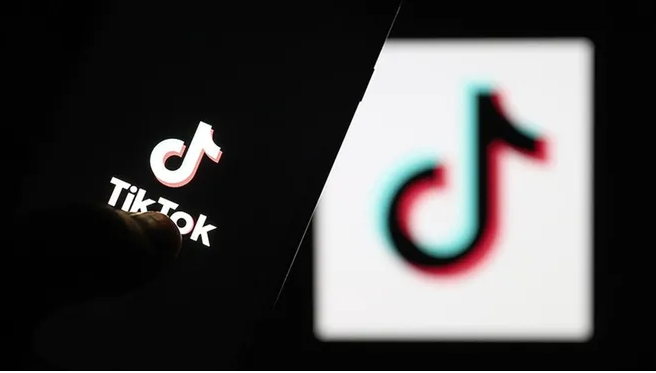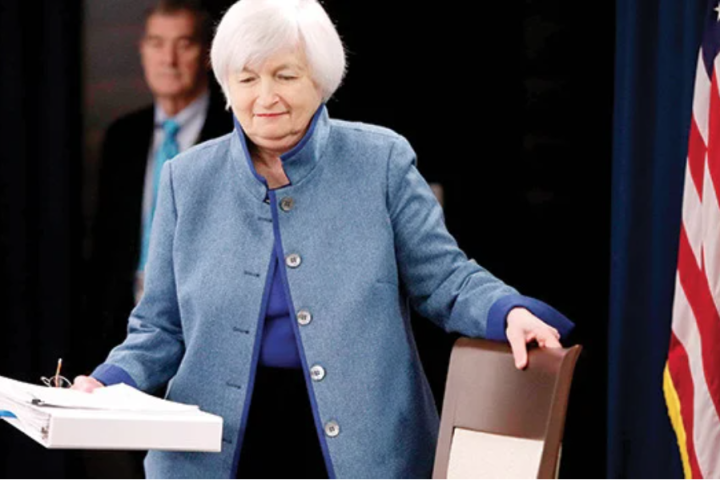The parent company of TikTok is facing pressure to sell the social media platform or potentially face a ban under new US legislation, which is sparking concerns among entrepreneurs who heavily rely on TikTok for their businesses.
This move stems from national security worries, with US lawmakers expressing concerns about potential Chinese espionage through TikTok. Entrepreneurs like Ayman Chaudhary and Bilal Rehman worry that a ban would negatively impact small businesses.
Impact of a TikTok Ban on the Economy
Chaudhary, a 23-year-old from Chicago, built her business around promoting books on TikTok, including those banned in the US, according to a report from Manila Standard. Rehman, based in Texas, uses TikTok to showcase his interior design firm. Both entrepreneurs credit TikTok for their success and fear the consequences of a potential ban.
Research from Oxford Economics reveals that TikTok supports millions of jobs and contributes billions to the US economy. Analysts like Jasmine Enberg from eMarketer highlight TikTok’s appeal to companies due to its ability to quickly share content and its focus on short-form videos, which resonate well with younger audiences.
Despite the looming threat of a US TikTok ban, ByteDance, TikTok’s parent company, insists it won’t sell the popular app despite US legislative pressures. ByteDance’s Toutiao account stated, “ByteDance doesn’t have any plans to sell TikTok.” However, TikTok has not responded to requests for comments.
This statement comes in response to reports from The Information suggesting that ByteDance was considering selling TikTok’s US business without its algorithm. ByteDance swiftly refuted these claims, labeling them as a “false rumor.”
US President Joe Biden’s recent signing of the TikTok ban legislation has raised concerns about Beijing’s influence over private companies like ByteDance and their handling of data. Despite TikTok’s denials, questions persist about Chinese government influence.
TikTok’s CEO Shou Zi Chew has emphasized the company’s commitment to defending its rights through legal means, citing both facts and constitutional principles.
While the Chinese founder holds a 20% stake in ByteDance, institutional investors, including major US corporations, control 60%. Employees worldwide own the remaining 20%, and three of ByteDance’s five board members are American.
The Chinese government has dismissed concerns about control over ByteDance as unwarranted, but it has cautioned against penalties if TikTok were to be banned.
The Significance of TikTok’s Algorithm
ByteDance has a nine-month window, with a three-month grace period, to sell TikTok before facing potential suspension under the new US regulation. This selling deadline might extend to 2025, possibly after the 2024 presidential election.
China’s 2020 export law changes now allow the export of algorithms and source codes, complicating potential app sales, according to SCMP. Experts and former employees attribute TikTok’s success to its algorithms and compatibility with short video formats, which have resonated globally.
While many attributed TikTok’s success to its social networking capabilities, similar to Meta’s Facebook and Instagram, TikTok’s user-driven algorithms have proven powerful. CEO Chew Shou Zi highlighted TikTok’s use of “interest signals” as opposed to Meta’s “social graph” approach.
Catalina Goanta, an associate professor at Utrecht University, underscores TikTok’s unique design and content as enhancing the effectiveness of its interest-based algorithm. Despite its popularity, TikTok’s recommendation system stands out for its user interface and content presentation.
Jason Fung, former head of TikTok’s gaming segment, notes that the platform’s short video format facilitates rapid understanding of user preferences. He explained that collecting data on user preferences occurs much faster on TikTok due to its bite-sized format compared to platforms like YouTube.





